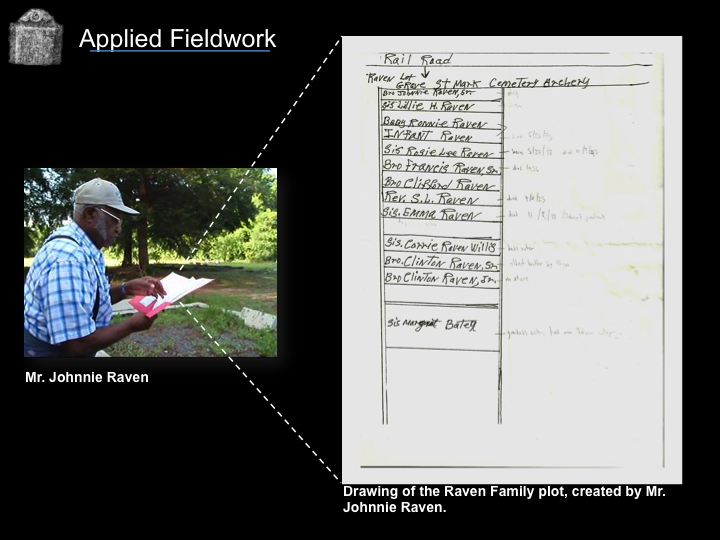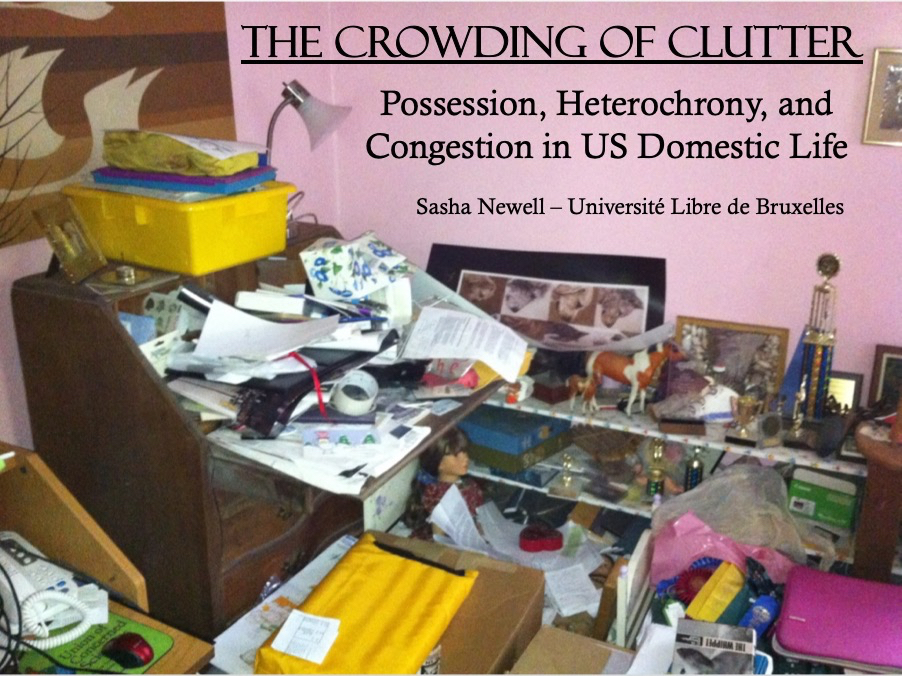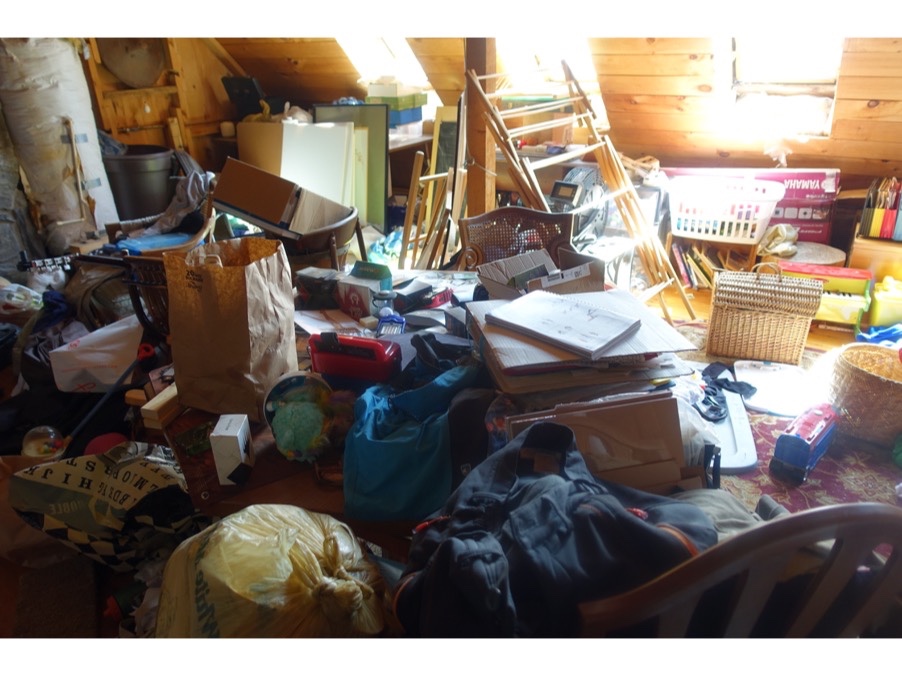Abstract:
A cultural heritage perspective places priority on values and meanings that people ascribe to places, things, and ways of remembering. This talk focuses on tensions, challenges, and rewards of engaging communities in curating ethnographic resources or resources that are defined as important to a people’s sense of purpose or way of life such as museums and other structures, personal artifacts, gravesites, and cultural and natural landscapes.
 Antoinette Jackson is Professor of Anthropology at the University of South Florida (USF) in Tampa and Director of the USF Heritage Research Lab (http://heritagelab.org/). Dr. Jackson served as the Regional Cultural Anthropologist for the U.S. National Park Service Southeast Region (2012- 2016). She has led numerous heritage preservation research projects in community with undergraduate and graduate students in the US and in the Caribbean and her work is widely published. Her book Speaking for the Enslaved—Heritage Interpretation at Antebellum Plantation Sites, was published by Routledge in 2012. Her most recent book, Heritage, Tourism, and Race—The Other Side of Leisure, will be released April 2020.
Antoinette Jackson is Professor of Anthropology at the University of South Florida (USF) in Tampa and Director of the USF Heritage Research Lab (http://heritagelab.org/). Dr. Jackson served as the Regional Cultural Anthropologist for the U.S. National Park Service Southeast Region (2012- 2016). She has led numerous heritage preservation research projects in community with undergraduate and graduate students in the US and in the Caribbean and her work is widely published. Her book Speaking for the Enslaved—Heritage Interpretation at Antebellum Plantation Sites, was published by Routledge in 2012. Her most recent book, Heritage, Tourism, and Race—The Other Side of Leisure, will be released April 2020.
The Friday seminar is held 2-4 pm at Unioninkatu 35, Room 113/114. Everybody is welcome!



